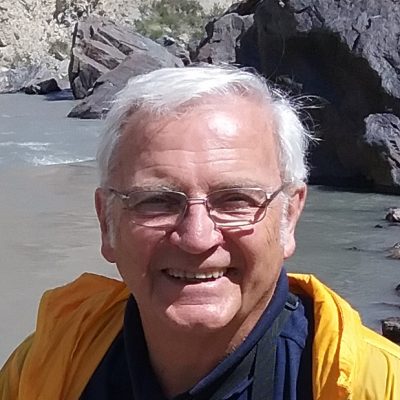Board of Directors (Canada)
-

Dr Peter Foggin
Secretary
Professeur honoraire, Département de géographie, Univ de Montréal
[ + ]Canada

Professeur honoraire, Département de géographie, Univ de Montréal
Canada